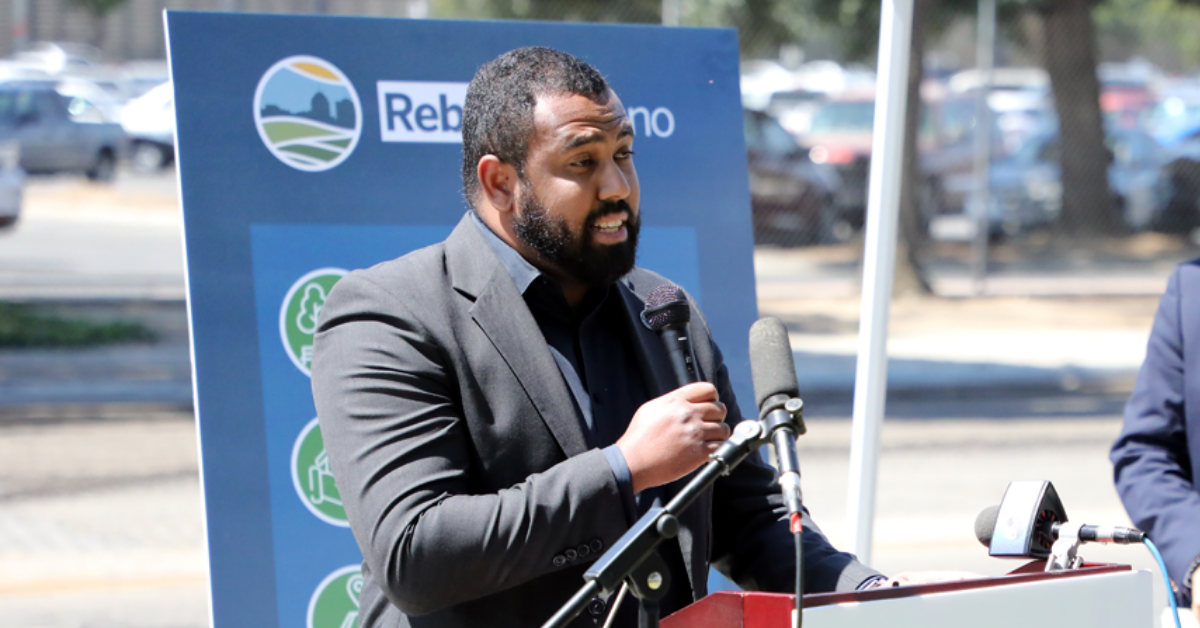Dozens of residential, commercial, and industrial projects in the City of Fresno could reportedly be delayed due to an appellate court decision over Fresno’s project review process.
The Fifth District Court of Appeals sided with environmental justice activists over the city, ruling that Fresno did not realistically address current levels of air pollution, groundwater and pedestrian traffic in its Program Environmental Impact Report.
The backstory: Fresno produced a master environmental impact report in 2014, amending it in 2019 with approval from the Fresno City Council in 2021.
- A master environmental impact report gives developers the ability to avoid independent studies for all factors under the California Environmental Quality Act (CEQA).
Driving the news: Leadership Counsel for Justice and Accountability and South Fresno Community Alliance sued the city in 2021 over the environmental impact report, claiming it was insufficient.
The big picture: The appellate court issued its ruling on Aug. 6, finding that the city did not provide needed alternatives to mitigate the impacts of air pollution, groundwater and pedestrian traffic in its master report.
- “The City failed to properly describe the environmental setting, failed to substantiate its (greenhouse gas) analysis vis-a-vis state targets, improperly deferred air quality mitigation measures, unjustifiably found traffic mitigation infeasible, failed to analyze potential impacts on pedestrians, inadequately addressed groundwater decline, and failed to reasonably discuss project alternatives,” the ruling stated.
Why it matters: A Fresno City Hall source told GV Wire that the appellate court’s decision could delay dozens of projects.
- The city also sent a memo to builders telling them to do their own project reviews, which will cost developers tens to hundreds of thousands of dollars and take many additional months to complete.
What we’re watching: Fresno has a path forward to get approval for its environmental impact report.
- The appellate court told the city that there are six specific violations that need to be addressed for air quality, vehicle-miles traveled and groundwater levels.
- If the city can produce a plan to fix those violations, the court may grant approval for the report.









